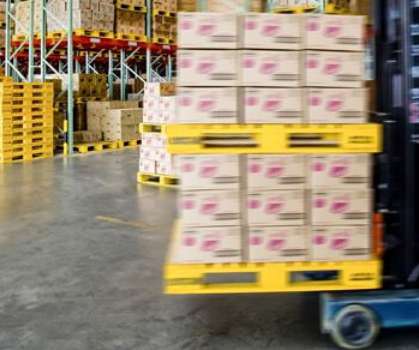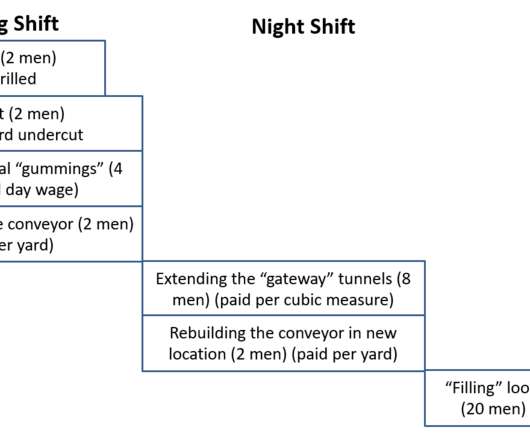The impact of regional instabilities on the Global Supply Chain and how ERP can help
SYSPRO Smarter ERP
APRIL 13, 2022
This latest development will exacerbate the situation for companies in many industries, particularly those which are heavily reliant on energy resources. Even companies without a direct supplier connection in Russia or Ukraine will experience debilitating disruption across industries from energy to agriculture.














Let's personalize your content